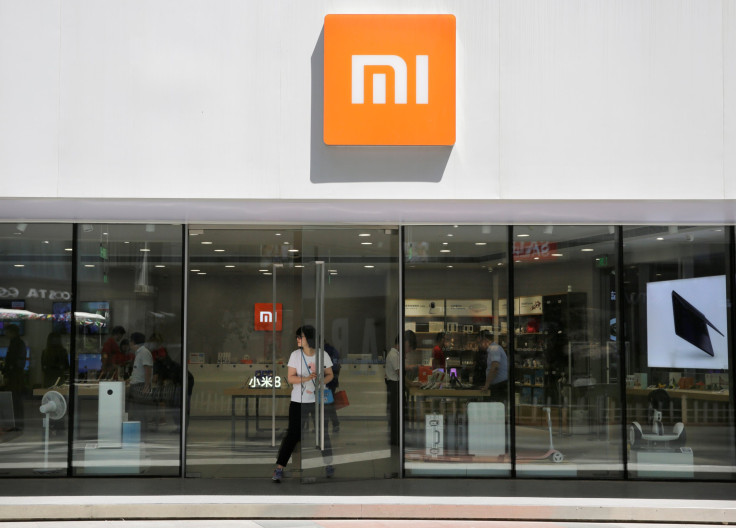Xiaomi IPO, Largest Tech Offering Since Alibaba, Opens For Institutional Orders

Xiaomi, the Chinese startup manufacturing low-priced smartphones, is set for its stock market debut on July 9 in Hong Kong, and its initial public offering got underway Thursday, with the company opening up institutional orders. With estimations of over $6 billion to be raked in, it would be the biggest IPO by a technology company since Alibaba’s public listing in 2014.
The company was started 8 years ago by former employees of Google, Microsoft and Motorola, and it released its first smartphone in 2011. Since then, it has released a number of mobile devices which do not compromise on quality but are cheaper than other well-known brands. That has led to its wide popularity in its home market of China, where it became the top-selling smartphone brand in 2014. It also dethroned Samsung as the top seller in India, one of the remaining big markets where the growth of the sector remains strong.
All that success led to Xiaomi targeting a valuation of about $100 billion ahead of going public, when company executives began making preparations in 2017, but it looks like it will have to contend with a much smaller number, roughly between $54 billion and $70 billion. This estimate was reported by media outlets who saw terms of the deal under which Xiaomi and its existing investors are offering shares for sale — 2.18 billion shares for sale, with a price range of 17-22 Hong Kong dollars ($2.17-2.8).
Even before the books were opened to institutional investors, seven cornerstone investors had already agreed to invest $548 million in Xiaomi, according to reports. These include U.S. chipmaker Qualcomm and a number of Chinese companies — delivery service SF Express, the country’s largest wireless carrier China Mobile, and state-backed companies like CICFH Entertainment and China Merchants Group. The seven companies together would take 10 percent stake in Xiaomi.
Plans to sell Chinese Depositary Receipts on the Chinese mainland had to be scrapped by Xiaomi after regulators there raised concerns about the company calling itself an internet company instead of a hardware manufacturer, among other issues, the South China Morning Post reported. Had it sold CDRs, it would have likely raised a lot more money than the current estimate of $6.1 billion.
Other than China, the company also manufactures smartphones in India, where it has a number of plants. Indian businessman Ratan Tata bought a stake in Xiaomi in April 2015. In China, it also sells other products like scooters, air purifiers and suitcases.
Despite being the fourth-biggest smartphone player in the world now by market share, the company insists its long-term future is in internet content. Already, its mobile devices come preloaded with its own apps designed for its customized version of Android operating system. Internet services, however, form less than 10 percent of the Xiaomi’s topline. But the company’s cofounder Lei Jun has said the aim is to make most of the money from advertising and online games.
© Copyright IBTimes 2024. All rights reserved.





















